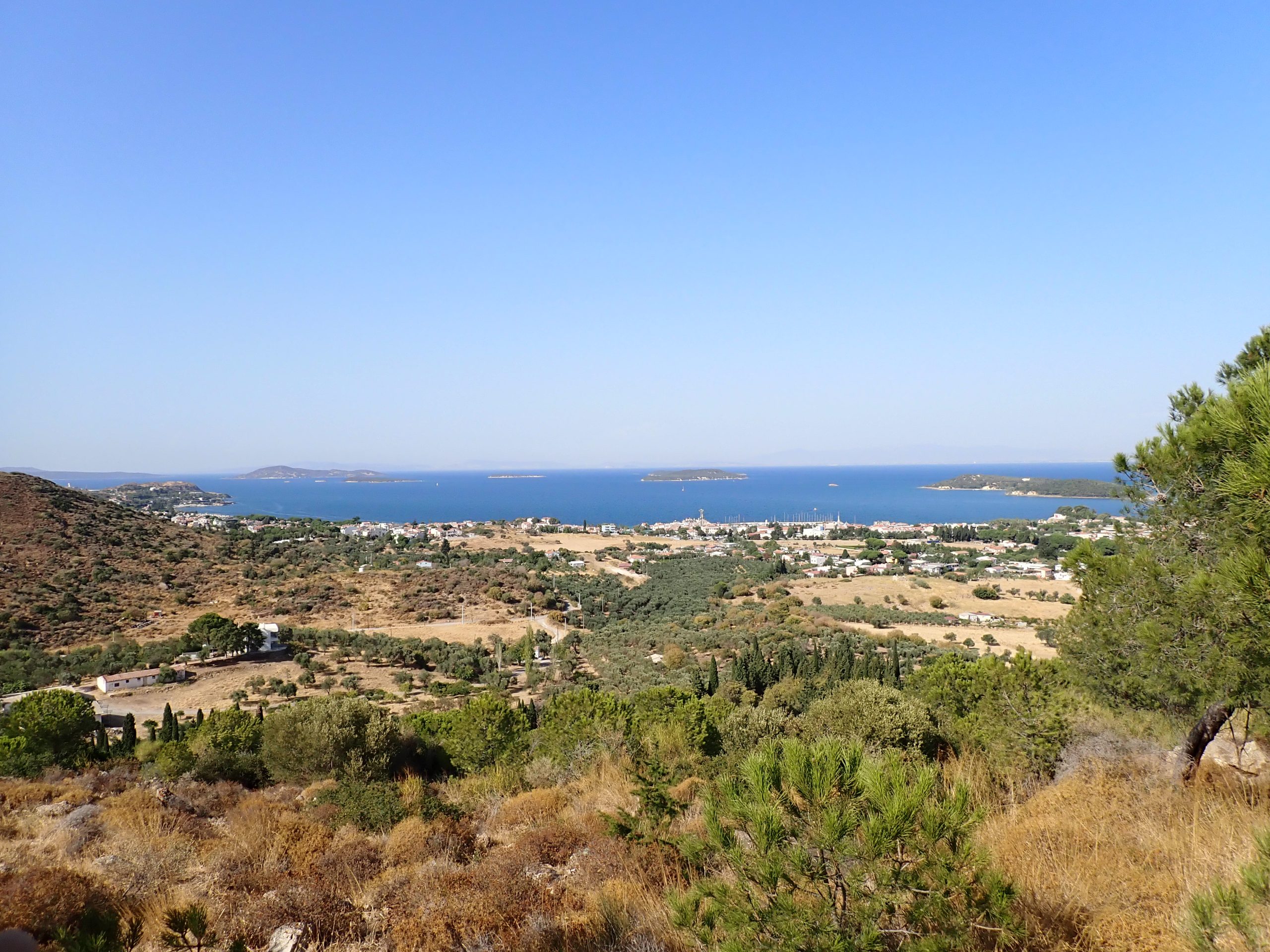
Genesis of transmediterranean cultural landscapes: a multidisciplinary study of how the Greek colonial endeavour transformed land-use and socioenvironmental interactions (MEDLANDS)
MEDLANDS aims to study how the Greek colonial endeavor contributed decisively to the genesis and development of transmediterranean cultural landscapes through the contacts between urban centres in Ionia with other areas of the Aegean and the distant Mediterranean far West. The project is based in the primary hypothesis that the characteristic emergence of a dense network of Greek coastal settlements since the Early Iron Age generated specific forms of land use and socioenvironmental interactions, with common and complementary traits and dynamics despite the variability at microregional and local scales, that crystalized in shared and long-lasting cultural landscapes. MEDLANDS adopts a co-evolutionary view, in which the emergence of similar, shared cultural landscapes in the otherwise micro-regional mosaic that characterizes the Mediterranean, resulted of interdependent economic and cultural practices in which the local conditions interacted with cross-mediterranean dynamics. The expansion of the Ionian Greek cities of Asia Minor is paradigmatic and provides an ideal study case to understand this processes. Ionians were one of the main actors of the colonial endeavour, and one of the more featured in historical sources: they established numerous settlements across the Mediterranean and the Black Sea, interacting with different indigenous groups and creating a complex and multi-scalar network of exchanges. MEDLANDS will develop an ambitious integrated and multidisciplinary Landscape Archaeology-based approach including Archaeology, geomorphology, geoarchaeology, palaeoenvironment and palaeoecology and remote sensing. It will be used to characterize, analyse and compare changes in settlement and land use, socio-environmental interactions and landscape evolution in the territories and the hinterlands of greek cities before, during and after the colonization. This original approach will be implemented in a selection of four study cases with different characteristics, distributed in two study windows of high colonial activity at both sides of the Mediterranean, the Aegean and the Gulf of Lion. Klazomenai, in the hearth of Ionia is the archetype of a Greek metropolis. Abdera, founded in the VIIth c. BC by Klazomenians in the northern Aegean, is a good example of a short-distance large population colony, which reached a significant level of power and wealth while keeping strong ties with its mother city. At the other end of the classical world in the Gulf of Lion, Emporion and Lattara represent both long-distance, much smaller and trade-focused colonies, but had nevertheless a very significant influence in the surrounding native populations, territories and landscapes at local and regional scales. The analysis, interpretation and combination of the multidisciplinary datasets produced in each study case will allow to 1) reconstruct for each one the changes in settlement models and land use, the modalities of interaction with the natives, the socio-environmental dynamics, and long-term landscape evolution; and 2) develop for the first time a transmediterranean comparison between them. By doing this, MEDLANDS will provide new relevant interpretations and original narratives about the role of the Greek colonization in the genesis and history of Mediterranean cultural landscapes, and will represent a significant step forward going beyond the current state of the art in the knowledge of this shared European heritage.
Projecte finançat pel Ministeri de Ciència i Innovació i la Unió Europea






